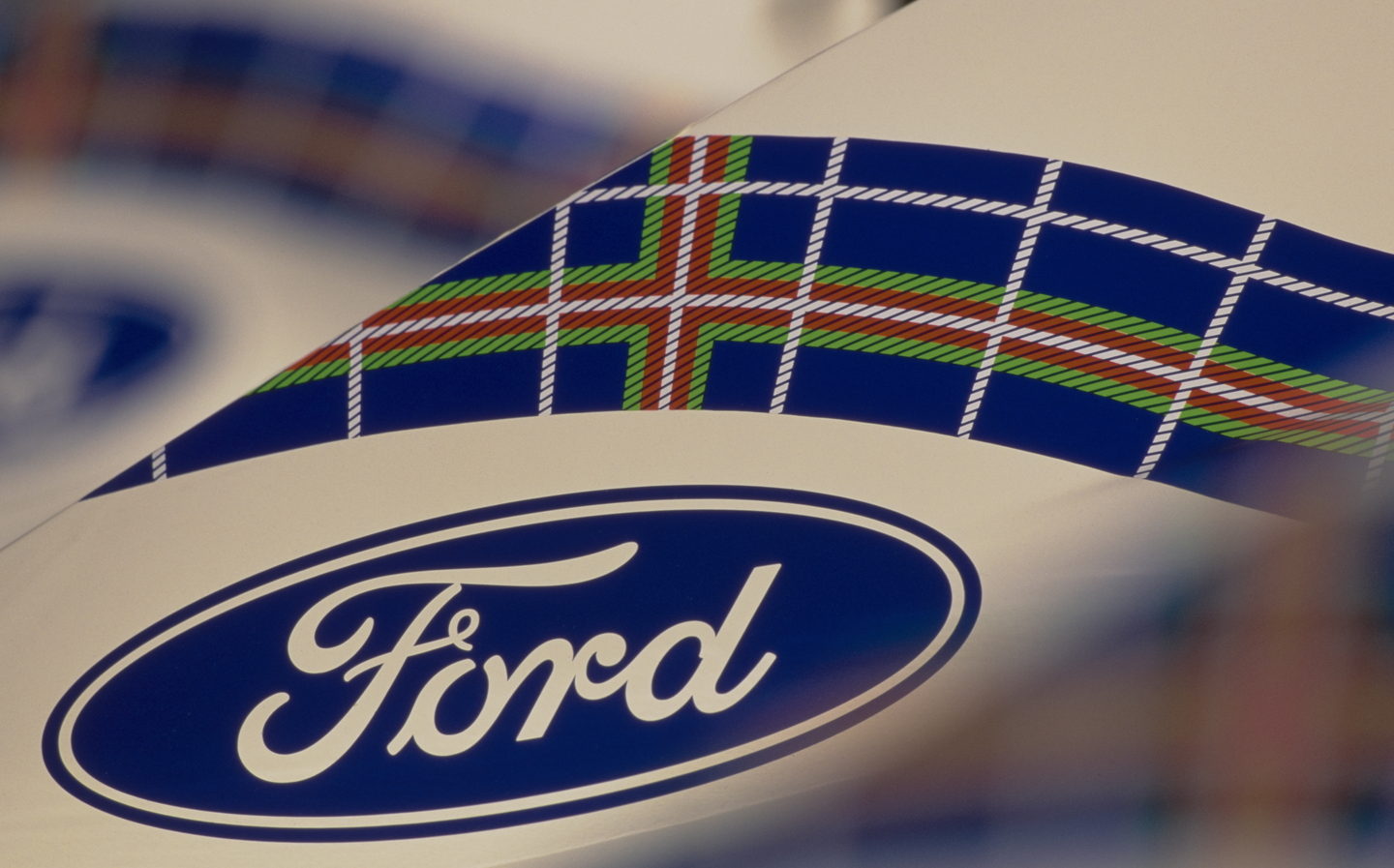Ford's F1 return: Partnership with Red Bull Racing confirmed ahead of 2026 season
'F1 will be an incredibly cost-effective platform,' says Ford CEO
Ford has announced that it will re-enter Formula One from 2026 in a partnership with Red Bull Racing, marking a return to the grid after an absence of more than 20 years.
The deal will see the car-making giant and Red Bull Powertrains (RBPT) working together under the new banner Red Bull Ford Powertrains to develop an engine for Red Bull Racing and AlphaTauri as new rules come into force.
Although engines are set to remain turbocharged and hybrid-assisted, the regulation changes from 2026 will see all cars running on sustainably-produced synthetic fuels aimed at reducing F1’s carbon footprint.
Starting from 2023, Ford and RBPT will work to develop the power unit to comply with the new technical regulations, including a 350kW electric motor and a new combustion engine able to accept the synthetic fuels, all due to be ready by the start of the 2026 season.
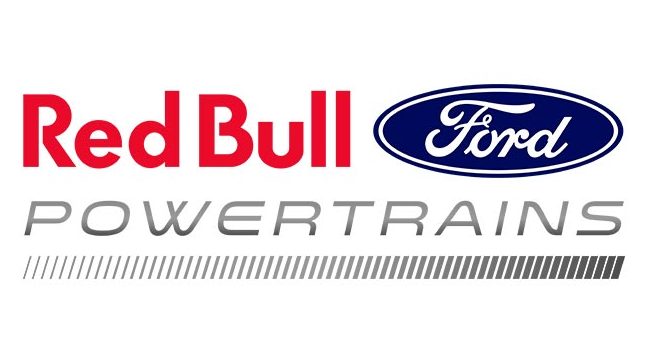
Ford’s decision to re-enter the top tier of motorsport was prompted by the rising popularity of F1 around the world, particularly in key markets such as the US, where the Netflix series F1: Drive to Survive has generated a huge new following for the sport.
“This is the start of a thrilling new chapter in Ford’s motorsports story that began when my great-grandfather won a race that helped launch our company,” said Bill Ford, executive chair at the Ford Motor Company.
“Ford, alongside world champions, Oracle Red Bull Racing, is returning to the pinnacle of the sport, bringing Ford’s long tradition of innovation, sustainability and electrification to one of the world’s most visible stages.”
Despite having withdrawn from the F1 in 2004, Ford is still one of the sport’s most successful companies of all time, as the fabled Cosworth DFV engine that dominated the sport in the 1960s and 1970s (variants of which were still scoring points into the 1990s) bore the Ford name.
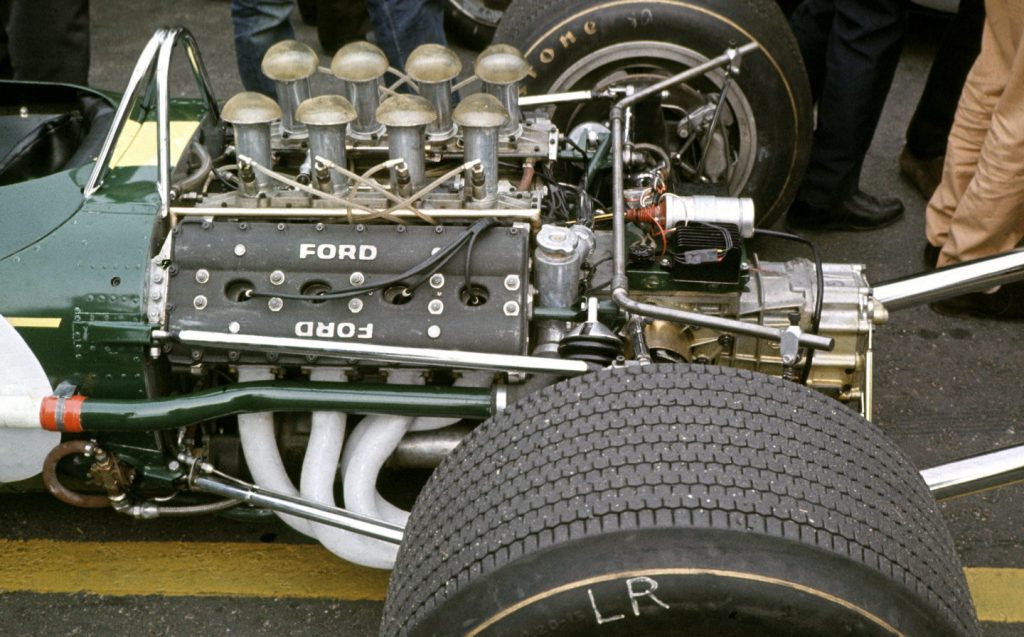
Ford-branded power units were the motive force behind 10 F1 constructors’ titles and 13 drivers’ championships, powering cars from Lotus, McLaren and Tyrrell, among others.
The company entered F1 for the first time as a constructor in 2000 with Jaguar Racing (Ford owned Jaguar Cars from 1990 to 2008), having bought the Stewart Grand Prix team in the late nineties.
After its sale in 2004, Jaguar evolved into Red Bull Racing so the Red Bull Ford partnership is, in a sense, the completion of a circle.



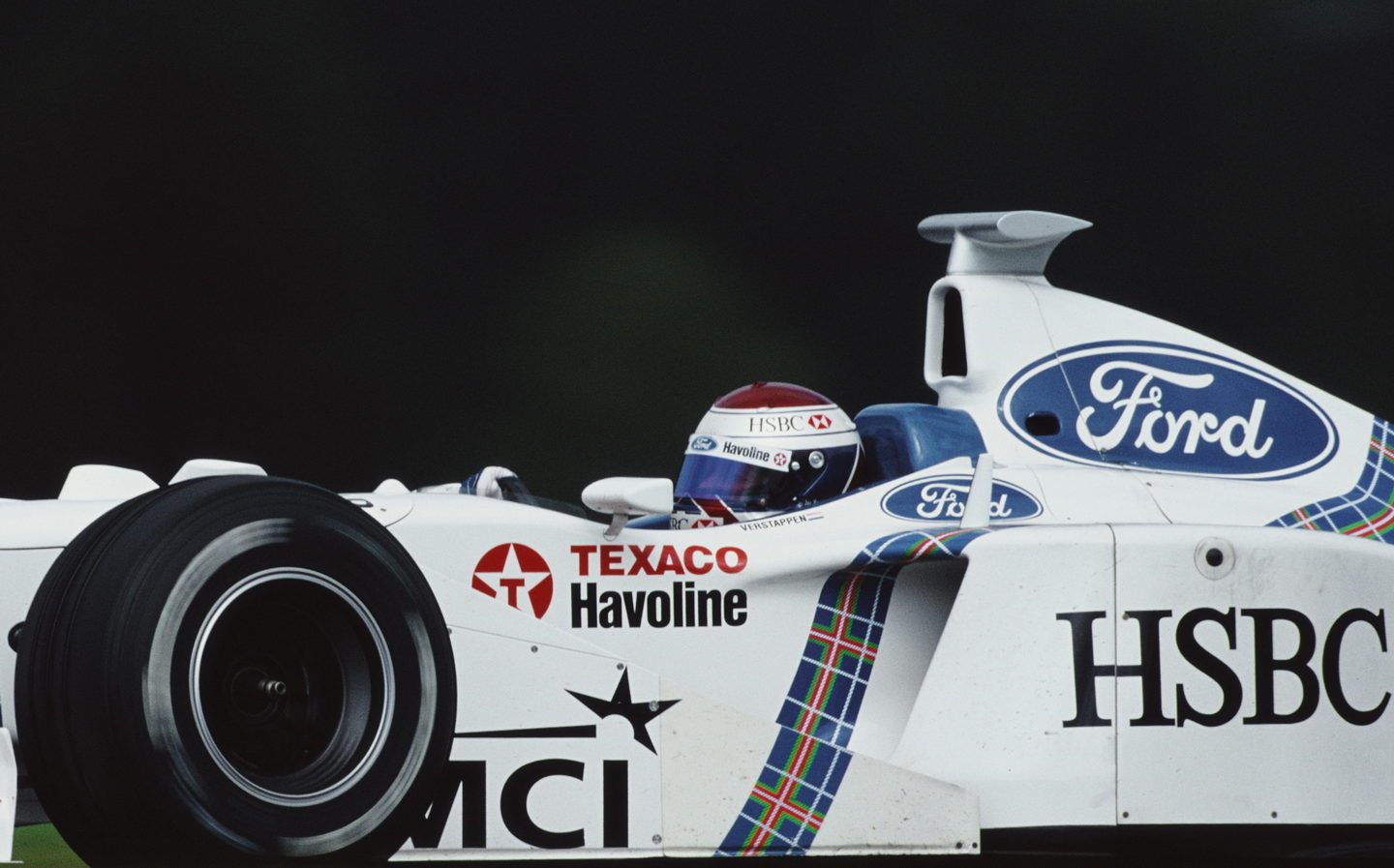
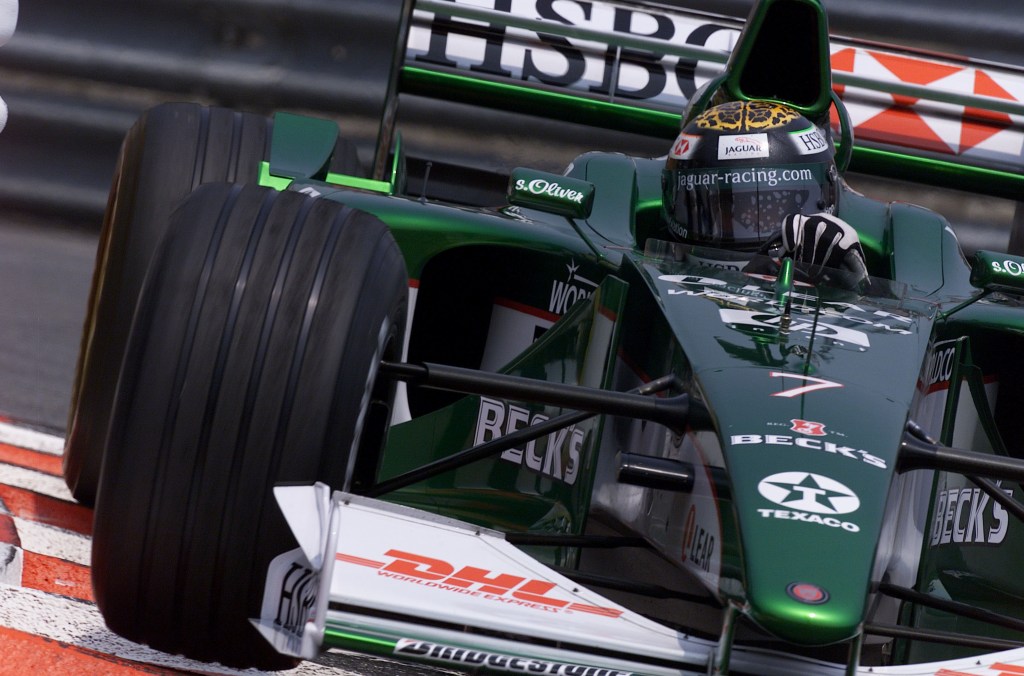
Ford’s decision, however, is as much focused on the future as the past.
Although engines are set to remain turbocharged and hybrid-assisted, new rule changes from 2026 will see all cars running on sustainably-produced synthetic fuels aimed at reducing F1’s carbon footprint.
What is synthetic e-fuel and will it make electric cars obsolete?
“Ford’s return to Formula 1 with Red Bull Racing is all about where we are going as a company — increasingly electric, software-defined, modern vehicles and experiences,” said Jim Farley, president and CEO of Ford.
“F1 will be an incredibly cost-effective platform to innovate, share ideas and technologies, and engage with tens of millions of new customers.”
Ford will provide technical expertise in all areas where it can add value to the Red Bull team, with both companies set to collaborate on areas such as combustion engine development, battery cell and electric motor technology, power unit control software and analytics.
“It’s fantastic to be welcoming Ford back into Formula 1 through this partnership,” said Christian Horner, Red Bull Racing team principal and CEO.
“As an independent engine manufacturer to have the ability to benefit from an OEM’s [Original Equipment Manufacturer] experience like Ford puts us in good stead against the competition.
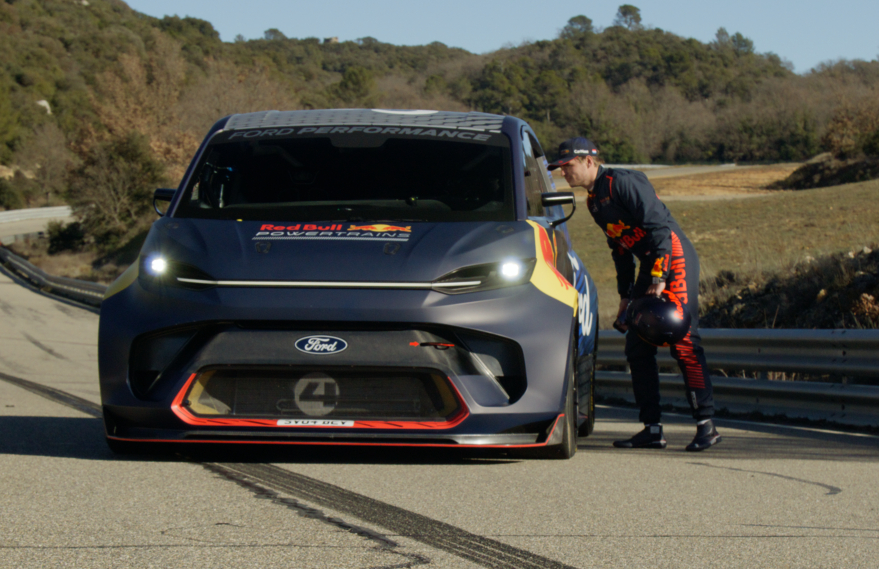
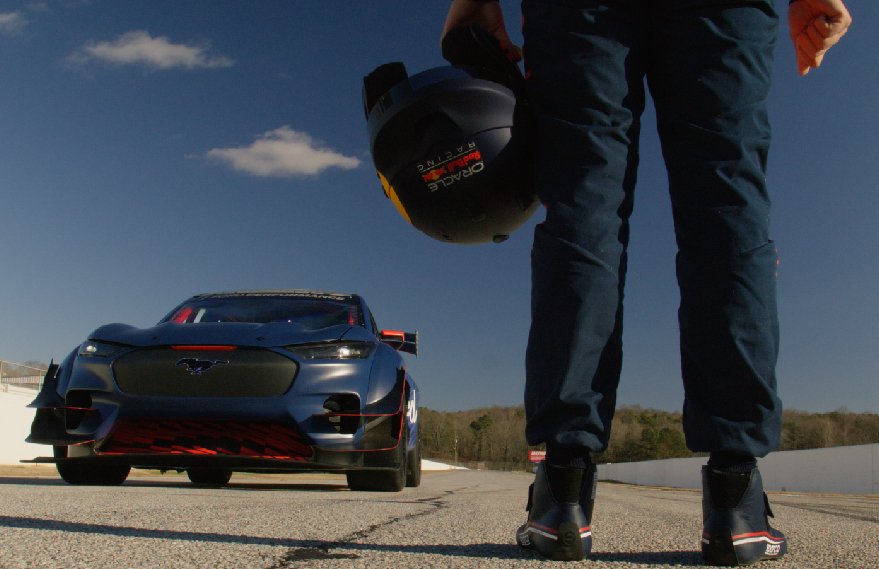
“They are a manufacturer rich in motoring history that spans generations. From Jim Clark to Ayrton Senna and Michael Schumacher, the lineage speaks for itself.
“For us as Red Bull Powertrains to open the next chapter of that dynasty, as Red Bull Ford, is tremendously exciting. 2026 is still a while away but for us the work already starts as we look to a new future and a continued evolution of Oracle Red Bull Racing.”
The 2026 rule changes (as well as the increasing popularity of the sport) have prompted a range of manufacturers to express an interest in and, in some cases, a commitment to taking a place on the 2026 F1 grid.
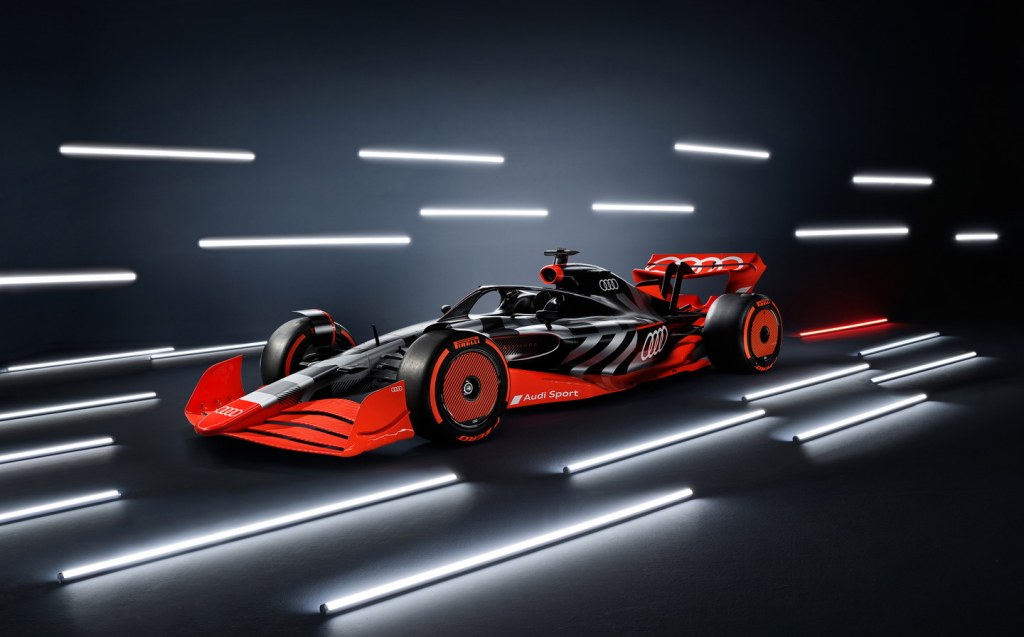
Late last year Audi announced a partnership with the Swiss Sauber team (currently racing under the Alfa Romeo banner) and a tie-up between Porsche and Red Bull had been in the works, though that was scrapped ahead of the Ford deal.
Porsche has since said that it may still explore the option of following in the footsteps of its Volkswagen Group stablemate, Audi, and entering F1 in 2026 by some other means.
More pertinent to Ford perhaps was the news in early January that Cadillac, a brand under the umbrella of Ford’s rival, General Motors, intends to partner with the American team Andretti Autosport to enter F1 from 2026, again to capitalise on the surging interest in the sport in the United States, although the Andretti-Cadillac entry isn’t yet thought to be a done deal.
News of the Red Bull-Ford partnership was greeted warmly by both F1 itself and the FIA, motorsport’s governing body.
“The news today that Ford is coming to Formula 1 from 2026 is great for the sport and we are excited to see them join the incredible automotive partners already in Formula 1,” said Stefano Domenicali, president and CEO of Formula 1.
“Ford is a global brand with an incredible heritage in racing and the automotive world and they see the huge value that our platform provides with over half a billion fans around the world.
“Our commitment to be Net Zero Carbon by 2030 and to introduce sustainable fuels in the F1 cars from 2026 is also an important reason for their decision to enter F1. We believe that our sport provides the opportunity and reach unlike any other and we cannot wait for the Ford logo to be racing round F1’s iconic circuits from 2026.”
Domenicali’s enthusiasm appeared to be matched by the head of the FIA, Mohammed Ben Sulayem, who sought to underline Ford’s long motorsport heritage, the significance of the 2026 rules changes and the growing American appetite for F1.
“There are few manufacturers who have such a celebrated motor sport history as Ford, so to see them coming back to the FIA Formula 1 world championship is excellent news,” he said.
“It further underlines the success of the 2026 power unit regulations that have at their heart a commitment to both sustainability and spectacle, and of course having more interest from the United States is important for the continued growth of the world’s top motor sport category.”
Although Ford’s partner team for the 2026 season has yet to be confirmed, an announcement is expected within hours. Come back to this page shortly before 3pm for more information.
Related articles
- After reading about Ford returning to F1, you might be interested in Electrogenic’s electric conversion kit for the Land Rover Defender
- Read why Jeremy Clarkson labelled the Defender Hard Top “a bit pointless”
- And don’t miss Will Dron’s review of the current Land Rover Defender
Latest articles
- F1 2025 calendar and race reports: The new Formula One season as it happens
- Zeekr 7X AWD 2025 review: A fast, spacious and high tech premium SUV — but someone call the chassis chief
- Denza Z9GT 2025 review: Flawed but sleek 1,062bhp shooting brake from BYD’s luxury arm
- Extended test: 2024 Renault Scenic E-Tech review
- Best-selling cars 2025: The UK’s ten most popular models of the year so far
- Audi A6 Avant 2025 review: Trusty executive estate ticks expected boxes, and there’s still a diesel option
- Keir Starmer eases pressure on carmakers to sell EVs in response to ‘global economic headwinds’
- Ferrari 12Cilindri Spider review: Heady blend of traditional and futuristic becomes even more intoxicating after lid is removed
- Skoda reveals its fastest accelerating production car yet: the electric Elroq vRS


